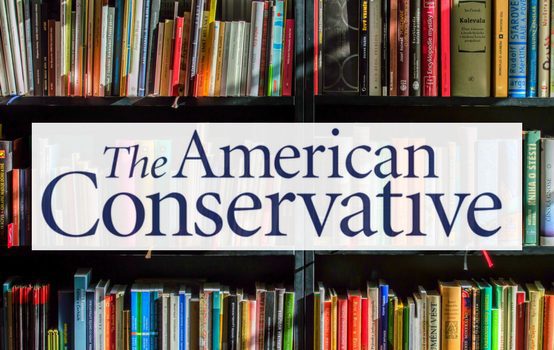TAC Bookshelf for the Week of April 1

Addison Del Mastro, assistant editor: I’m reading Democracy’s Schools: The Rise of Public Education in America, by Johann Neem. Neem is an Indian immigrant, arriving as a child with his parents. He credits the public school system with making him an American: “The schools were for all Americans, and the schools helped make us Americans.”
Neem’s title refers to the fact that public schools arose not only to teach utilitarian subjects—the famous three R’s—but to teach the history and culture of America, and to prepare students for self-government, in a Jeffersonian vein. Neem acknowledges frankly the racial disparities in schooling, especially in the pre-Civil War era, while noting that for those children who did get to enroll, the education they received was at least as fine as that of their European counterparts.
Early on he notes that schools were not, in fact, a big government initiative; they arose locally, and even once significant public funds and tax revenue were added, they were administered locally—as they largely still are, at least in theory. (One should keep in mind here that zoning is locally administered as well, yet this has not prevented zoning codes from being virtually identical almost everywhere in America.) One of Neem’s facts might surprise those who cannot separate public from government: “The greatest growth in school attendance before the Civil War took place before there was significant government oversight and taxes.” Later on, there is a fair and fascinating discussion of the role and history of the Bible in public schooling, a fun chapter on life as a student, and more.
While public schools are dubbed socialist experiments or left-wing brainwashing centers in the more excitable corners of the right-wing media ecosystem, there is indeed something deeply and undeniably American about them. This book brings to mind the kind of benign, common-good liberalism of the mid-20th century, when there was still faith, and not just on the Left, that government could be a genuine force for good in American life. Indeed, most American could have agreed in those years that there was such a thing as “American life.”
One also wonders whether the public schools still are American. Conservatives tend to view things like sex education in schools as impositions on some kind of platonic ideal of “American values.” But if American values are, on the other hand, the values actually embraced and defended by Americans, then perhaps there is nothing un-American about the public school system after all.
After reading this book, only an ideologue can fail to feel any affection for at least the idea of public education. One senses that, proper to a history book, the reality in these pages is not today’s reality. But that is hardly something to celebrate.
Comments